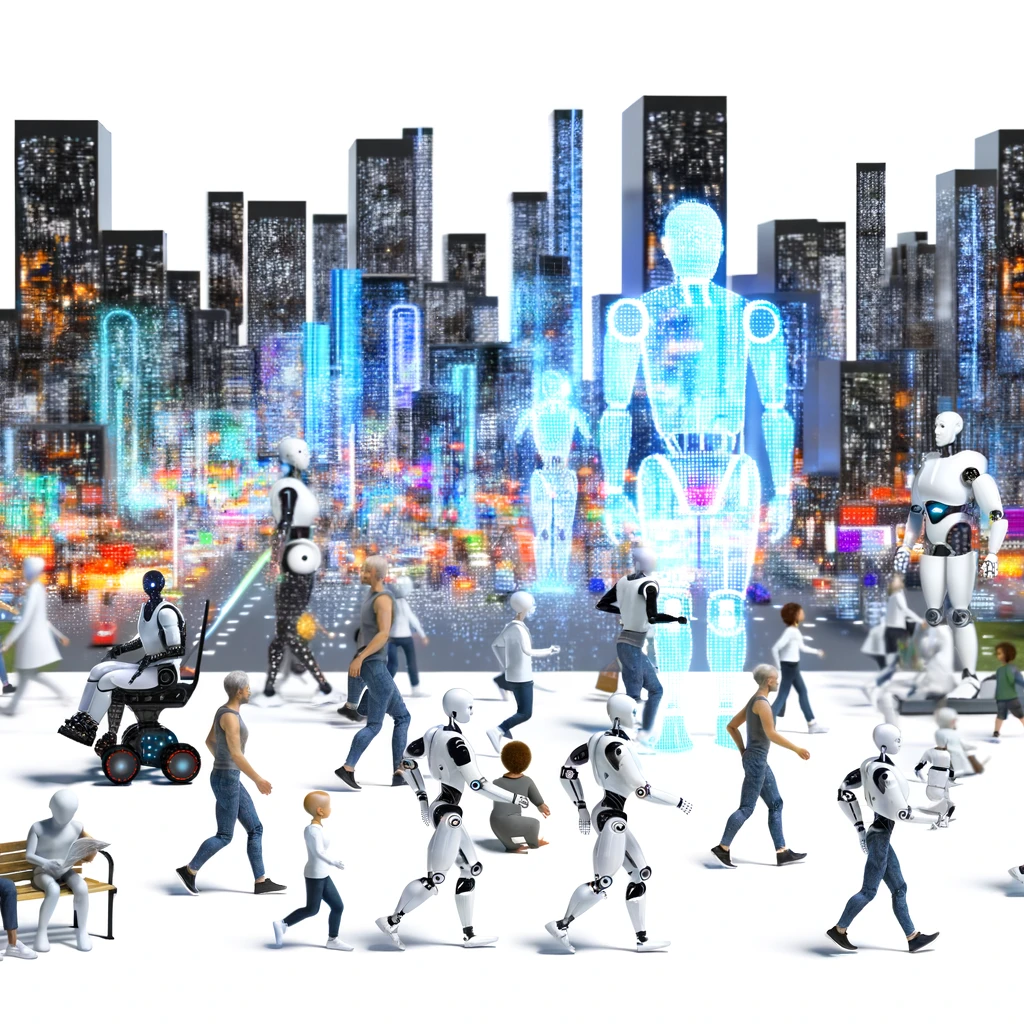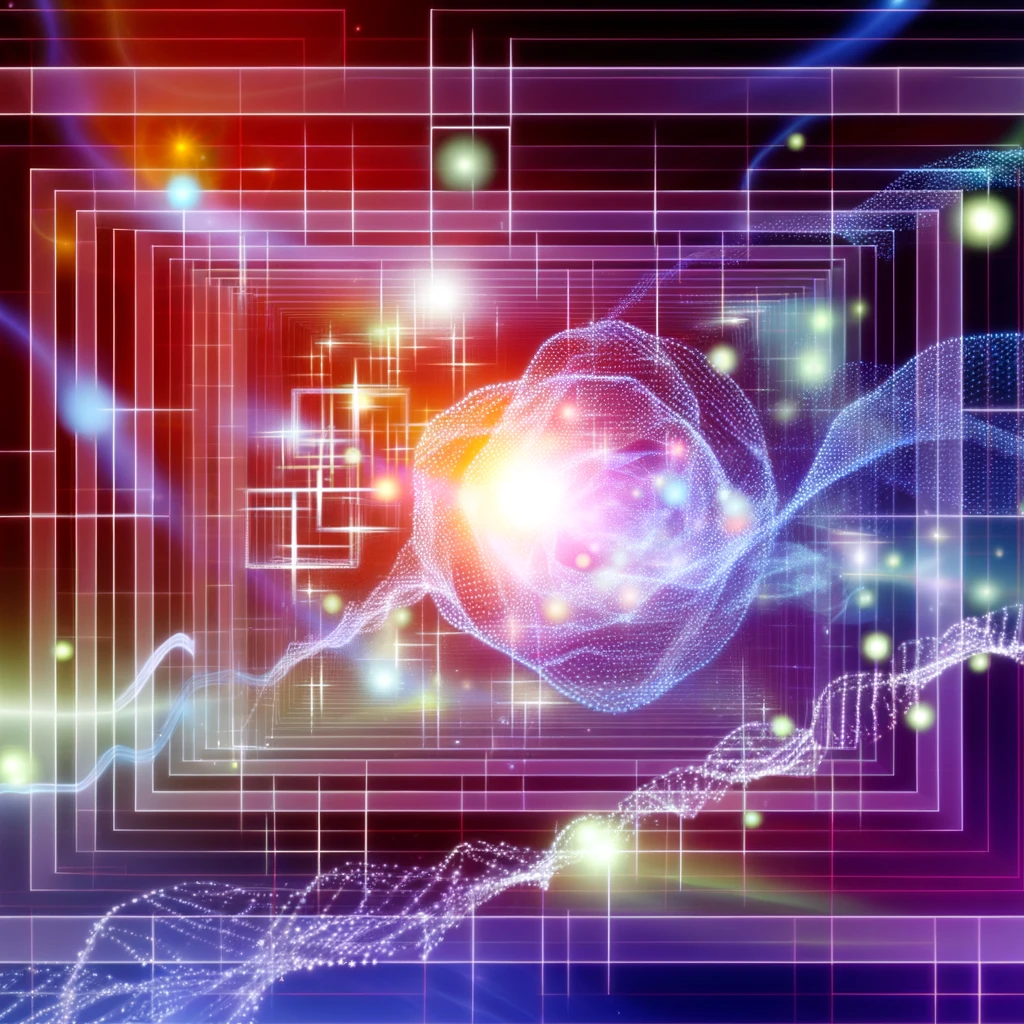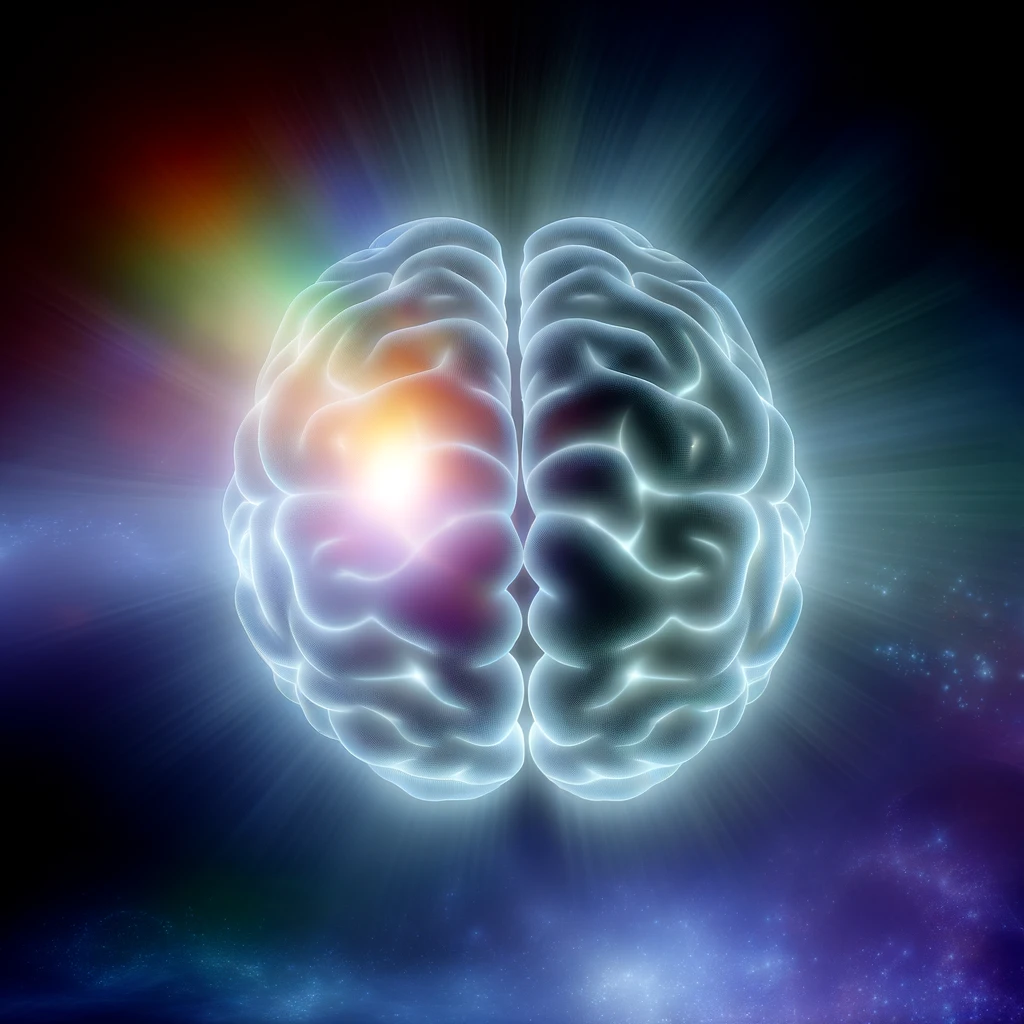
Understanding Artificial Intelligence: Ethical Implications and Future Prospects
Artificial Intelligence (AI) is rapidly transforming various industries, offering unprecedented opportunities for innovation and efficiency. However, this technological advancement also poses significant ethical challenges and raises questions about the future of AI in our society. In this article, we will explore the ethical implications of AI and discuss its future prospects.
The Rise of Artificial Intelligence
AI has emerged as a powerful tool that simulates human intelligence processes through machines, especially computer systems. It encompasses various applications such as machine learning, natural language processing, and robotics. The rise of AI has been driven by the exponential growth in computational power and the availability of vast amounts of data.
Applications of AI
AI applications are diverse and span multiple sectors. In healthcare, AI aids in diagnosing diseases and personalizing treatments. In finance, it assists in fraud detection and improves decision-making. Moreover, AI is revolutionizing logistics, manufacturing, and even customer service through chatbots and automated responses.
Ethical Implications of AI
While the benefits of AI are substantial, its ethical implications cannot be overlooked. The use of AI raises several ethical concerns, including privacy issues, bias and discrimination, and the potential loss of jobs due to automation.
Privacy and Surveillance
AI systems often rely on large datasets that include personal information. This raises concerns about privacy and the extent to which organizations can monitor and analyze individual behavior. The potential for surveillance and data misuse poses significant ethical dilemmas.
Bias and Discrimination
AI systems are only as good as the data they are trained on. If the data is biased, the AI system will likely produce biased outcomes, leading to discrimination in areas such as hiring, law enforcement, and lending. It’s crucial to ensure that AI systems are developed with fairness and transparency in mind.
Job Displacement
Automation through AI is changing the job landscape, with many fearing job losses in sectors heavily reliant on manual labor. While AI can create new job opportunities, there is a pressing need for reskilling and upskilling the workforce to adapt to these changes.
Future Prospects of AI
The future of AI holds immense potential. As AI continues to evolve, it promises to contribute to solving some of the world's most pressing challenges, such as climate change, healthcare, and education.
AI in Climate Change
AI can play a pivotal role in combating climate change by optimizing energy consumption, predicting environmental changes, and enhancing the efficiency of renewable energy sources.
Advancements in Healthcare
In healthcare, AI is poised to revolutionize patient care by offering more accurate diagnostics and personalized treatment plans. The integration of AI with medical devices can lead to significant improvements in patient outcomes.
Educational Transformation
AI has the potential to transform education by providing personalized learning experiences and automating administrative tasks, allowing educators to focus more on teaching and less on paperwork.
Conclusion
Artificial Intelligence is a transformative technology with far-reaching ethical implications and future prospects. As we continue to harness its potential, it is imperative to address the ethical challenges it presents to ensure a fair and equitable future. By fostering collaboration between technologists, ethicists, and policymakers, we can navigate the complexities of AI and harness its power for the greater good.
Related Articles





